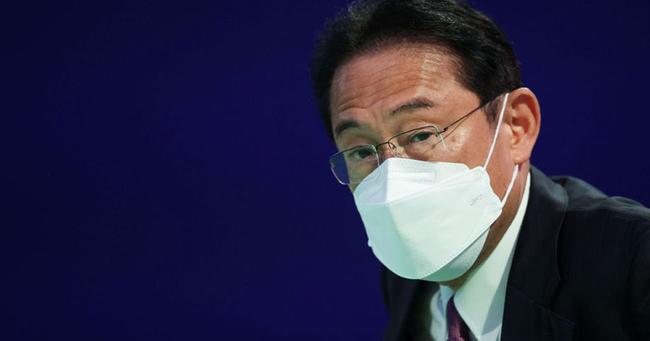Delivery
142 comments, 142Prime Minister Fumio Kishida smiling as he tastes kamaboko at the Kadowaki factory of Shiraken Kamaboko (October 16, 2021, Ishinomaki City, Miyagi Prefecture, representative photo)
Amidst the spread of the new coronavirus caused by Omicron stocks, the opinion poll conducted by Asahi Shimbun on January 22nd and 23rd showed that the Kishida Cabinet's approval rating was solid at 49%, the same as last December. In the previous Kan Cabinet, the approval rating tended to decline as the infection spread, so the situation is a little different. There is also a somewhat surprising tendency for those who feel uneasy about the medical system to support the Cabinet. I also found some numbers that are likely to influence the direction of the future approval rating. (Asahi Shimbun reporter, Yasuhito Watanabe) [Photo] The moment when only Mr. Kishida was silent while the other party leaders raised their hands during the party leadership debate

This Omicron strain is characterized by the speed of infection and the fact that there are many people with mild symptoms. Some people take the latter and say, "It's about the same as a cold." So, first, I will introduce the results of a question that explored how serious public opinion feels compared to the conventional coronavirus. ◇ Q: How do you feel about the Omicron strain compared to the impact of the coronavirus so far? Please choose only one from the following three. More serious than before 28% / Same as before 39% / Not as serious as before 31% The survey was conducted on January 22nd and 23rd, targeting voters nationwide using the RDD method, in which phone numbers are created randomly on a computer and surveyors call fixed and mobile phones. A total of 1,527 valid responses were obtained, including 527 people (51% response rate) from 1,028 households that were found to have voters for landlines, and 1,000 people (45%) out of 2,198 cases that led to voters for mobile phones. ◇ Approximately 30% of people felt that it was not as good as before, and about 70% felt that it was the same as before or more than before. It seems that it can be said that "many people are still afraid" and "there are quite a few people who take it lightly than before."
While there are few seriously ill patients, there are concerns about a medical shortage due to the rapid increase in the number of infected people. When asked if they felt uneasy about not being able to receive treatment if they were infected, 69% answered "too much" and "somewhat" and "feel uneasy," and "not much" and "not at all." ” surpassed 29%. ◇ Q: If you were infected with the new coronavirus, how worried would you be about not being able to receive the necessary treatment? Please choose only one from the following four. 22% very much / 47% somewhat / 24% not very / 5% not at all ◇ 75% of women answered that they felt uneasy. By age group, 77% were in their 60s. Among them, 22% of the respondents answered that they “feel it very much”, but when limited to young people aged 18 to 29, it was extremely low at 8%.
Next page: “Anxiety” but no change in cabinet approval ratingPage 1/2
Last updated:withnews